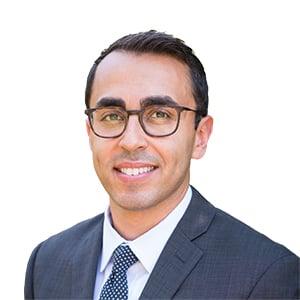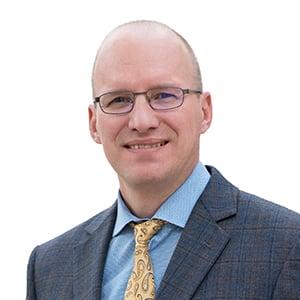A City of Hope-led study revealed little effort has been made to improve older adult representation in clinical trials of new cancer drugs, even when the treatment is aimed at a disease that disproportionately affects this age group.
“There is currently no incentive to establish real-world effectiveness among older adults. Older adults need a seat at the table,” said Mina Sedrak, M.D., M.S., lead author of the study and deputy director of the Center for Cancer and Aging Research at City of Hope.
Two in five Americans with cancer are age 70 or older, yet less than 25% of patients in cancer clinical trials registered with the Food and Drug Administration are in this age group, Sedrak said.
The study was published in the journal CA: A Cancer Journal for Clinicians on Oct. 1. Researchers reviewed 8,691 studies that evaluated barriers that hindered older adults from participating in cancer trials. Twelve articles defined complex, interrelated problems as root causes, including stringent eligibility criteria, physician concern for toxicity, ageism, transportation and caregiver burden.
Only one study implemented an intervention meant to increase enrollment of older adults in trials — and it was not successful. This finding starkly amplifies the lack of effective strategies to improve participation of this underrepresented group in cancer research.
The researchers report that cancer trials must ask appropriate questions tailored or driven by the needs of older adults with cancer and should measure relevant outcomes. Their call to action applies to all oncologists and primary care providers, not just geriatric oncologists, Sedrak said, adding that patients should advocate for themselves.
'Ask your doctor'
“Ask your doctor about clinical trial opportunities when you’re diagnosed with cancer and do your own research, because there may be an option that you haven’t heard about. It may benefit you, but perhaps your doctor may not have considered you for the investigational trial,” he said.
William Dale, M.D., Ph.D., the study’s senior author and an oncologic geriatrician at City of Hope, said, “We don’t know enough about treating our largest group of cancer patients. In the midst of the COVID-19 pandemic, when enrollment in trials is lower than ever due to isolation and distancing practices, actively including older adults in clinical trials is incredibly important.” Dale is the Arthur M Coppola Family Chair in Supportive Care Medicine at City of Hope.
City of Hope is a leader in offering older patients appropriate and personalized cancer care, as exemplified by the fact that Dale and his colleagues co-wrote the American Society of Clinical Oncology’s guidelines for geriatric oncology in 2018.

